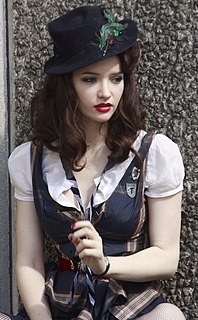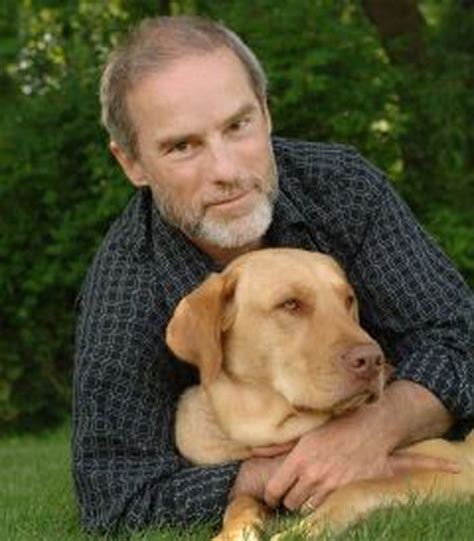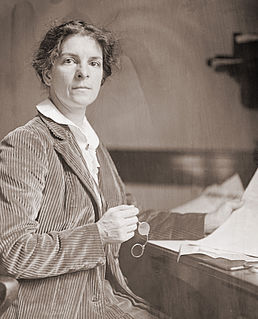A Quote by Deb Caletti
Becoming a YA author was actually a very lucky accident. When I wrote the Queen of Everything, I thought it was a book for adults.
Related Quotes
Wormholes were first introduced to the public over a century ago in a book written by an Oxford mathematician. Perhaps realizing that adults might frown on the idea of multiply connected spaces, he wrote the book under a pseudonym and wrote it for children. His name was Charles Dodgson, his pseudonym was Lewis Carroll, and the book was Through The Looking Glass.
At a tender age, I commandeered half a quire of foolscap from my father's desk and sat down to write a book. ...I had observed onprinted fly leaves the words "By the author of, etc." ...So under the title of my prospective work I wrote: By the author of "Les Miserables," "The Woman in White," "Dombey and Son," "Tom Brown's Schooldays" and "Our Life in the Highlands," the last-named being an opus of good Queen Victoria. I had not read all these works but they existed on our bookshelves, and I hoped to produce something worthy of comparison.
One of the things that defines YA is a really strong narrative. Adults love YA because, at the end of the day, they're good stories and page-turners. The other element is emotion. The teen years are a very emotional and intense time, and I think it's a time we that we can all relate to and remember.




































